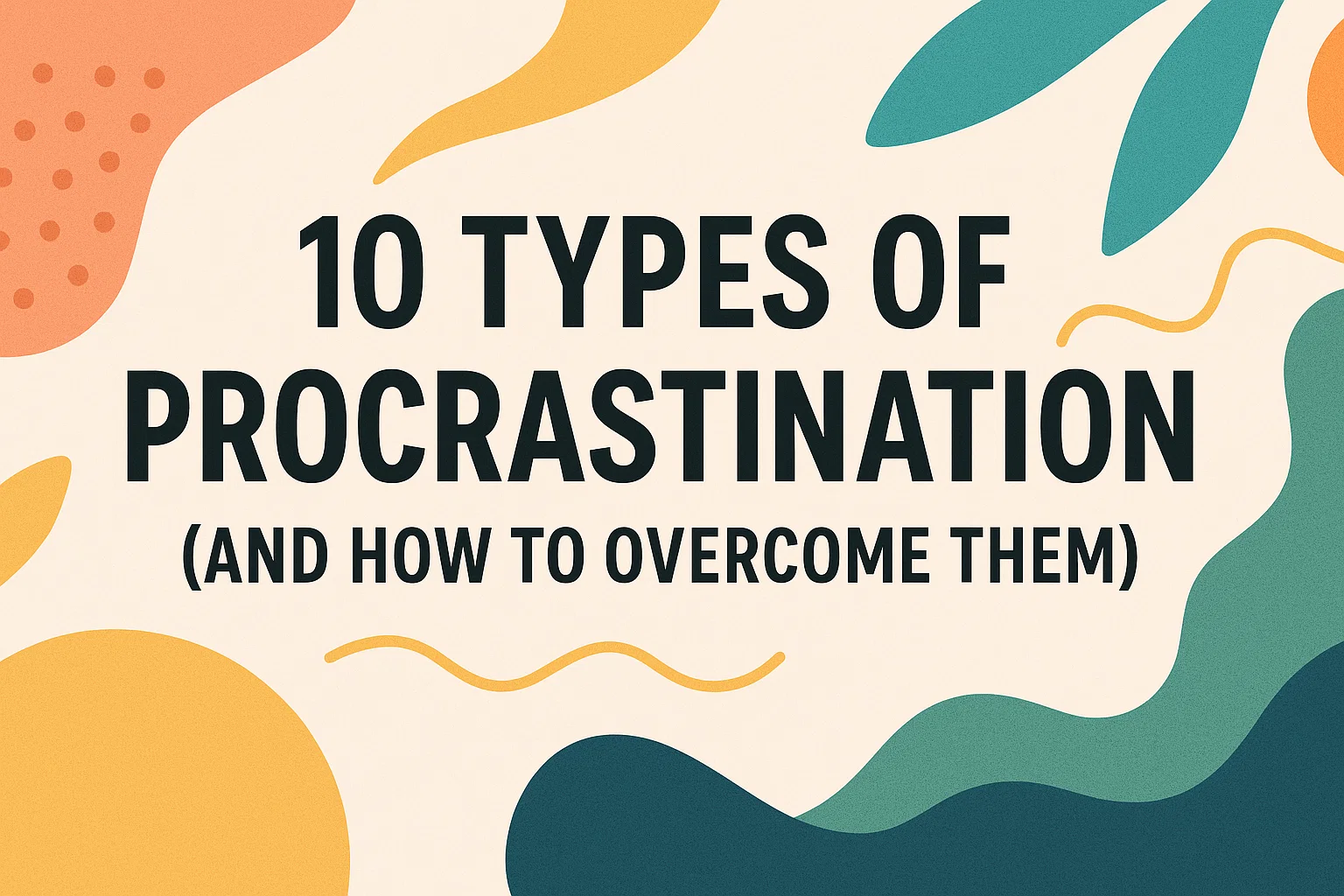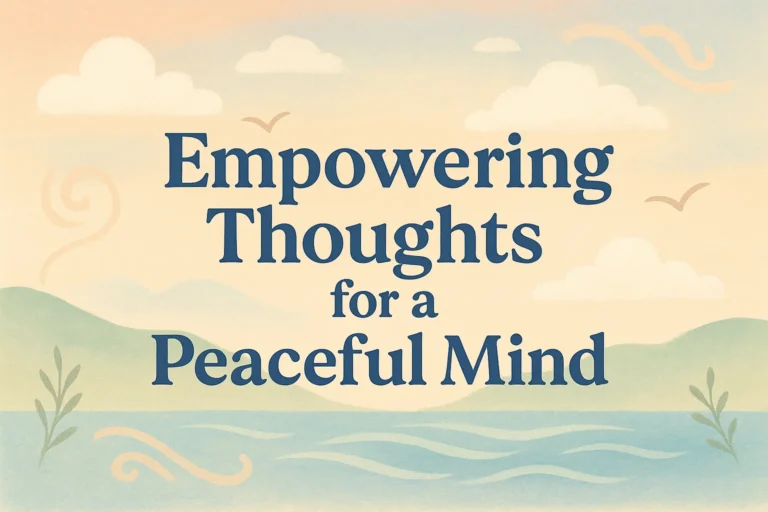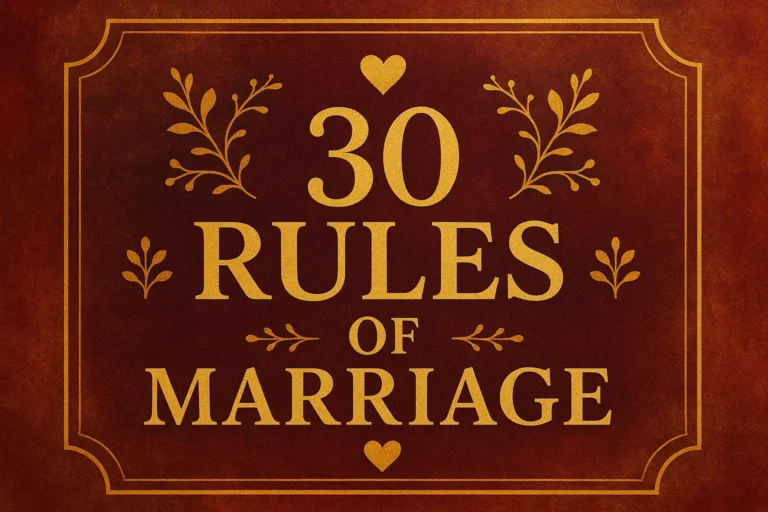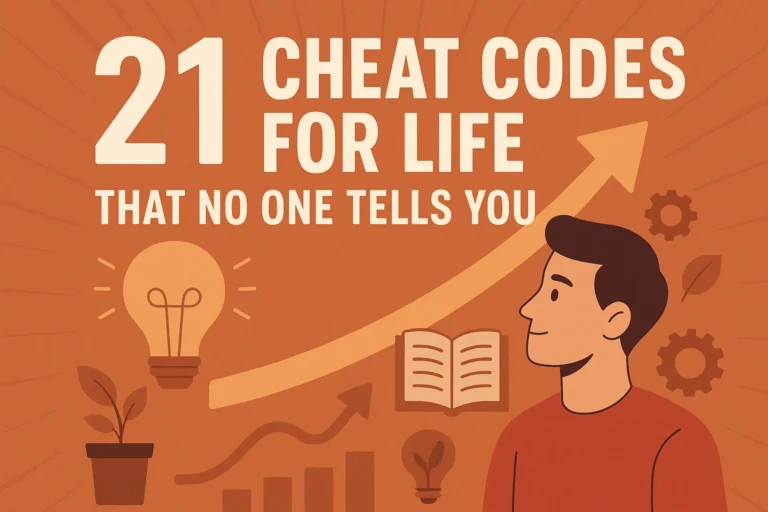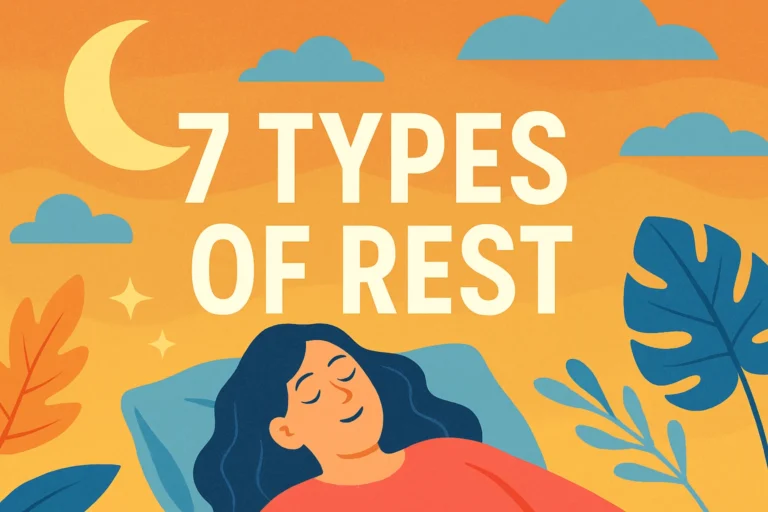10 Types of Procrastination Overcome Them with Soft Skills Psychology Strategies
Alright, let’s be real for a second. How many times have you opened a new tab to “just quickly check” something, only to fall down a rabbit hole of YouTube shorts, celebrity gossip, and a deep-dive into the history of the paperclip? And all while that big, important task glares at you from another window, its judgmental silence somehow louder than any notification.
Yeah. We’ve all been there. Procrastination isn’t just a simple lack of willpower; it’s a complex psychological beast with many faces. I used to think I was just “bad at deadlines,” until I realized I was actually a world-class procrastinator with a PhD in creative avoidance. The good news? Understanding the type of procrastination you’re dealing with is half the battle. The other half? Fighting it with some seriously clever soft skills.
So, grab a coffee (a classic delay tactic I fully support), and let’s break down the 10 types of procrastination and how to outsmart them. No shaming, just strategies.
1. The Perfectionist Procrastinator
This one is for my overachievers. The ones who would rather not start at all than risk producing something that’s merely “good.” The fear of it not being flawless is so paralyzing that the project stays in the “idea phase” indefinitely.
- The Internal Monologue: “If I can’t do this perfectly, why even start? I need more time to research/prepare/think.”
- The Classic Tell: Endlessly tweaking the first paragraph of a report or the first slide of a presentation. Forever.
Soft Skills Psychology Strategy: Embrace “Good Enough”
Perfectionism is often rooted in a fixed mindset. We need to shift to a growth mindset. Your soft skill here is Adaptability. Give yourself permission to create a “vomit draft”—a purposefully messy first attempt. Set a timer for 25 minutes and just brain-dump everything you know onto the page. The goal isn’t excellence; it’s existence. You can’t edit a blank page, but you can refine a terrible one. IMO, a terrible draft is always better than a brilliant idea that never sees the light of day.
2. The Overwhelmed Procrastinator
When a task feels like a giant, unsolvable mountain, our natural response is to freeze. We don’t know where to put the first footstep, so we just… don’t. This isn’t about fear of failure; it’s about being utterly daunted by the scale.
- The Internal Monologue: “Where do I even begin? This is too much. I’ll just check my email first…”
- The Classic Tell: Staring blankly at a to-do list that says “Plan Annual Conference” and feeling your soul leave your body.
Soft Skills Psychology Strategy: Master the Art of Chunking
This is where your Problem-Solving and Organization skills come into play. Break that monolithic task into the tiniest, most laughably simple steps possible. “Plan Annual Conference” becomes:
* Open a new Google Doc.
* Brainstorm 5 potential theme names.
* Email Sarah for the vendor list from last year.
See? Suddenly, it’s not a mountain. It’s a single, doable pebble. Cross that tiny step off your list. That hit of dopamine will fuel you for the next one.
3. The Thrill-Seeker Procrastinator
Ah, the adrenaline junkie. This person believes they do their best work under pressure, waiting until the very last possible second to start. The impending doom of a deadline provides the necessary kick to get moving.
- The Internal Monologue: “I work better under pressure! I’ve got plenty of time. No need to start now.”
- The Classic Tell: Pulling an all-nighter for a project assigned a month ago and feeling oddly alive (and terrible) the next day.
Soft Skills Psychology Strategy: Create Artificial Deadlines
This strategy harnesses your Self-Motivation. If you need the pressure, build it in yourself. Negotiate an earlier deadline with your boss or a colleague (“Hey, if I send you a draft by Friday, can you give it a quick glance?”). Or, use a commitment device. Tell a friend you’ll send them the first chapter by 5 PM today. Now, you’re accountable to someone else, and that social pressure can mimic the adrenaline rush without the sleep deprivation. 🙂
4. The Avoidant Procrastinator
This type procrastinates to avoid a specific negative feeling associated with the task. It might be boredom, frustration, anxiety, or even fear of someone’s criticism. The procrastination is a way to self-soothe and avoid discomfort in the short term.
- The Internal Monologue: “This task is going to be so boring/frustrating/unpleasant. I’ll do something fun first to psych myself up.”
- The Classic Tell: Suddenly deciding the kitchen floor needs to be scrubbed right now because you have to do your taxes.
Soft Skills Psychology Strategy: The “Five-Minute Takeoff”
This is a test of your Resilience. You’re not committing to the whole task, just five minutes. Anyone can tolerate almost anything for five minutes, right? Set a timer. Work on the dreaded task for just five minutes. Often, the hardest part is starting. Once you’re in motion, you’ll find it easier to keep going. If after five minutes it’s still awful, you have permission to stop. But most of the time, you’ll have built enough momentum to continue.
5. The Decisional Procrastinator
This isn’t about doing the task; it’s about deciding on the task. Indecision becomes a form of procrastination. You can’t move forward because you’re stuck at a crossroads, terrified of making the wrong choice.
- The Internal Monologue: “What if I choose the wrong option? I need more data. I’ll decide tomorrow.”
- The Classic Tell: Spending three hours comparing every single blender on the internet instead of just buying one and making a smoothie.
Soft Skills Psychology Strategy: Implement the “Good Enough” Rule
Sharpen your Decision-Making skills. Understand that most decisions are not permanent, life-altering events. Set a time limit for research (e.g., 20 minutes). Then, make the best decision you can with the information you have. Ask yourself: “Will this decision matter in five years?” For 99% of things, the answer is no. Perfect is the enemy of done.
6. The Lazy-Bones Procrastinator (Or So It Seems)
Sometimes, it’s not psychological, it’s physical. A lack of energy, often from poor sleep, diet, or exercise, masquerades as laziness. You’re not avoiding the task; you simply don’t have the fuel in the tank to tackle it.
- The Internal Monologue: “I’m just too tired. I don’t have the energy for this. I’ll do it when I feel more awake.”
- The Classic Tell: Choosing passive activities (scrolling, TV) over active ones, even ones you normally enjoy.
Soft Skills Psychology Strategy: Prioritize Energy Management
This is fundamental Self-Awareness. You can’t pour from an empty cup. Honestly assess your habits. Are you getting 7-8 hours of sleep? Drinking enough water? Moving your body? Try this: instead of reaching for your phone when you’re tired, go for a 10-minute walk. It sounds counterintuitive, but physical activity generates energy. Fuel your body, and your mind will follow.
7. The Social Procrastinator
This one thrives on distraction. You tell yourself you’re “working” from a coffee shop or with a study group, but it quickly devolves into a long chat session. The presence of others, while motivating for some, becomes your primary tool for avoidance.
- The Internal Monologue: “I’ll be so much more productive if I’m around people! It’ll be fun.”
- The Classic Tell: Your “group project work session” has produced three memes and a plan for the weekend, but zero actual work.
Soft Skills Psychology Strategy: Schedule Focused “Sprints”
Use your Communication skills to set boundaries—with others and yourself. If you’re working with others, start the session by saying, “Okay, let’s do 45 minutes of silent, focused work, and then we can take a 15-minute break to chat.” Use a timer. Hold each other accountable. This turns a potential distraction into a source of positive peer pressure.
8. The Rebel Procrastinator
This procrastination is an act of defiance. You delay because you feel the task has been imposed on you, infringing on your autonomy. It’s a way of subconsciously saying, “You can’t control me!”
- The Internal Monologue: “I don’t want to do this. I have to do it, and that makes me not want to do it even more.”
- The Classic Tell: Putting off tasks specifically assigned by a manager or partner, even if they’re ultimately beneficial.
Soft Skills Psychology Strategy: Reclaim Your Autonomy
This is advanced Emotional Intelligence. Reframe the task in your mind. Instead of “I have to finish this report for my boss,” try “I choose to finish this report because I value my reputation as a reliable person/I want to get paid.” Find your reason for doing the task, not someone else’s. You are always making a choice. Acknowledging that power can dissolve the resistance.
9. The Imposter Syndrome Procrastinator
Similar to the perfectionist, this person delays because they feel like a fraud. They’re convinced they’re not qualified or skilled enough, and starting the task will only reveal their inadequacy to the world.
- The Internal Monologue: “Who am I to be doing this? Everyone will find out I have no idea what I’m doing.”
- The Classic Tell: Not applying for a dream job because you don’t meet 100% of the qualifications (FYI, men apply when they meet 60%).
Soft Skills Psychology Strategy: Focus on Learning, Not Proving
Leverage a Growth Mindset. Your goal isn’t to prove you’re already a genius; it’s to learn and get better. Every expert was once a beginner. Talk to a mentor or friend and voice your fears. You’ll quickly realize that these feelings are almost universal. Action builds confidence; inaction builds anxiety.
10. The “I Work Better Under Pressure” Procrastinator (The Busy Bee)
This is a sneaky one. You procrastinate on one big important thing by busily doing a bunch of other smaller, less important things. Your to-do list gets cleared, but the top priority item remains untouched. You feel productive while actively avoiding real work.
- The Internal Monologue: “Look at how much I’m getting done! I’m so productive today!”
- The Classic Tell: Your inbox is at zero, your files are organized, but the presentation you needed to write is still a blank slate.
Soft Skills Psychology Strategy: Eat That Frog
This requires brutal Prioritization. Mark Twain said it best: “Eat a live frog first thing in the morning, and nothing worse will happen to you the rest of the day.” Identify your “frog”—your biggest, most important task. Do it first, before you check email, before you make that other list, before you do anything else. The relief and momentum you gain will make the rest of your day feel easy.
Wrapping It Up: Be Kind to Your Future Self
Procrastination isn’t a moral failing. It’s a signal. It’s your brain’s sometimes-unhelpful way of trying to protect you from stress, boredom, or failure.
The key to overcoming it isn’t to whip yourself harder; it’s to get smarter. To understand the “why” behind your delay and use targeted soft skills—like adaptability, problem-solving, and emotional intelligence—to gently outmaneuver your own brain.
So, the next time you feel the urge to put something off, pause for a second. Ask yourself: “What type of procrastination is this?” Then, choose one simple strategy. Be a friend to your future self. They’ll thank you for it. Now, if you’ll excuse me, I’ve been procrastinating on taking out the bins, and my five-minute timer just went off… :/

